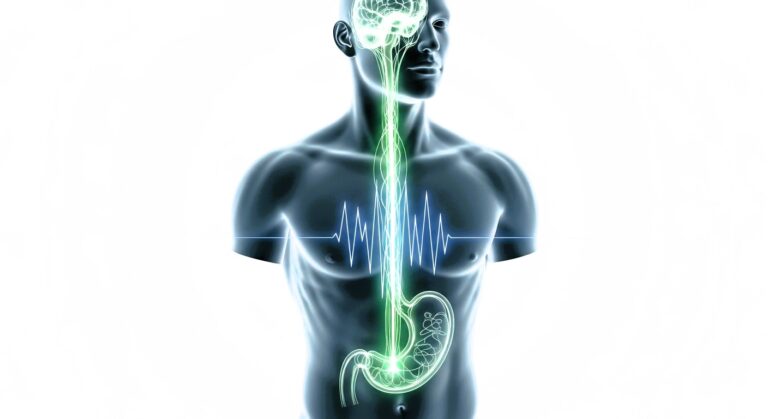Ramadan Fasting: Who Is Exempt and When to Relax the Rules
Ramadan fasting is a sacred practice observed by Muslims during the holy month of Ramadan. It involves abstaining from food, drink, smoking, and sexual relations from dawn (Fajr) until sunset (Maghrib) each day. However, there are exceptions and specific conditions under which it is relaxed or exempted. Let’s explore these exemptions:
1 . Ramadan Fasting; Exemptions from Fasting

a Physical Illness:
-
- Individuals suffering from any form of physical sickness (temporary or permanent) are exempt.
- If fasting worsens their health or hampers the recovery process, they should refrain from this obligation.
- Common fatigue or minor difficulties during fasting do not qualify as acute sickness.
b. Mental Illness:
-
-
- People with mental challenges or any mental illness affecting cognition are automatically exempt.
-
c . Travelers:
-
- Travellers are excused if they meet specific conditions:
- The journey duration and distance fall under the category where prayers are shortened.
- The intention is not to settle at the destination.
- The purpose of travel is not sinful.
- Travellers are excused if they meet specific conditions:
The minimum travelling distance that exempts one from fasting during Ramadan is approximately 80 kilometres (48 miles) from the border of the city. In other words, if a person travels for more than 80 km (e.g., from Jeddah to Madina), they are considered a traveller and allowed to be exempt from fasting12.
Remember that this exemption is granted to ensure the well-being of individuals while maintaining the spirit of devotion during Ramadan.
d . Women During Menstruation:
-
- Women experiencing their monthly period cycles are exempted.
- They can resume fasting once their cycle has completely ended and after performing the proper ritual purification (ghusl).
e . Pregnant or Breastfeeding Women:
-
- Expectant mothers or those breastfeeding can break their fast if they believe it poses a risk to their child’s health.
f . Old Age:
-
- Seniors facing weakness, terminal illnesses, mental decline, or extreme fragility are exempted.
These exemptions are granted to ensure the well-being of individuals while maintaining the spirit of devotion during Ramadan. If you fall into any of these categories, it’s essential to consult with knowledgeable religious authorities or scholars.
2 . Fidya (Fidya) is a charitable form of compensation for missed fasts during Ramadan. It applies when someone cannot fast due to valid reasons, such as illness, pregnancy, or old age, and cannot make up the lost days afterwards. Let’s explore the types of Fidya:
- Fidya for Missed Fast Days:
- If you miss any days of fasting during Ramadan out of necessity and cannot make them up later, you are required to pay Fidya.
- The amount of Fidya is equivalent to feeding one needy person for each missed fasting day.
- For example, if you miss two fasts, you would donate Fidya to provide two meals for someone in need.
- Conditions for Fidya:
- Fidya is primarily for those who suffer from long-term illnesses or are unable to fast due to old age.
- It ensures that those who cannot fast still fulfill their religious obligation by providing sustenance to others.
3 . Difference Between Fidya and Kaffarah:
a . Fidya:
- Purpose: Fidya is a form of compensation for missed fasts during Ramadan.
- When Applicable: It applies when someone cannot fast due to valid reasons (such as illness, pregnancy, or old age) and cannot make up the lost days afterwards.
- Amount: The amount of Fidya is equivalent to feeding one needy person for each missed fasting day.
- Eligibility: Those who suffer from long-term illnesses or are unable to fast due to valid reasons are eligible for Fidya.
- Recipients: Fidya should be given to the poor and needy, similar to Zakat recipients.
b . Kaffarah:
-
- Purpose: Kaffarah is a penalty for deliberately breaking a fast without a valid reason.
- When Applicable: It applies when someone intentionally breaks a fast during Ramadan (e.g., by eating or drinking) without a valid excuse.
- Amount: The penalty involves feeding 60 needy people or fasting for 60 consecutive days.
- Severity: Kaffarah is more severe than Fidya because it results from intentional actions.
- Recipients: The food provided as Kaffarah goes to those in need.
- Fidya is paid for deliberately missing a fast with a valid reason.
- Kaffarah, on the other hand, is only paid if you break a fast without a valid reason.
- The amount paid in Fidya is equivalent to feeding one person, while Kaffarah involves feeding 60 people.
- Eligibility for Fidya:
- You are eligible to pay Fidya if you have missed or are exempt from fasting due to illness, old age, or other reasons preventing you from making up the fasts later.
- Recipients of Fidya:
- Fidya should be given only to the poor and needy, similar to Zakat recipients.
- Scholars consider Fidya to be like Zakat, benefiting those entitled to receive it.
In summary, Fidya compensates for missed fasts due to valid reasons, while Kaffarah is a penalty for breaking a fast without a valid excuse. Both serve religious and humanitarian purposes during Ramadan. Remember that Fidya serves both religious and humanitarian purposes, allowing those unable to fast to contribute positively during Ramadan.


👍